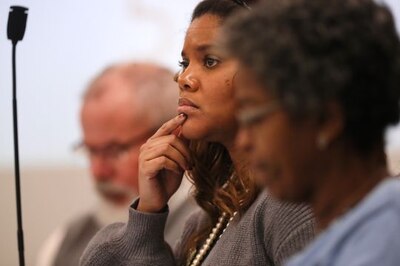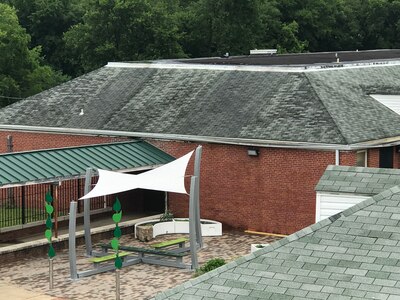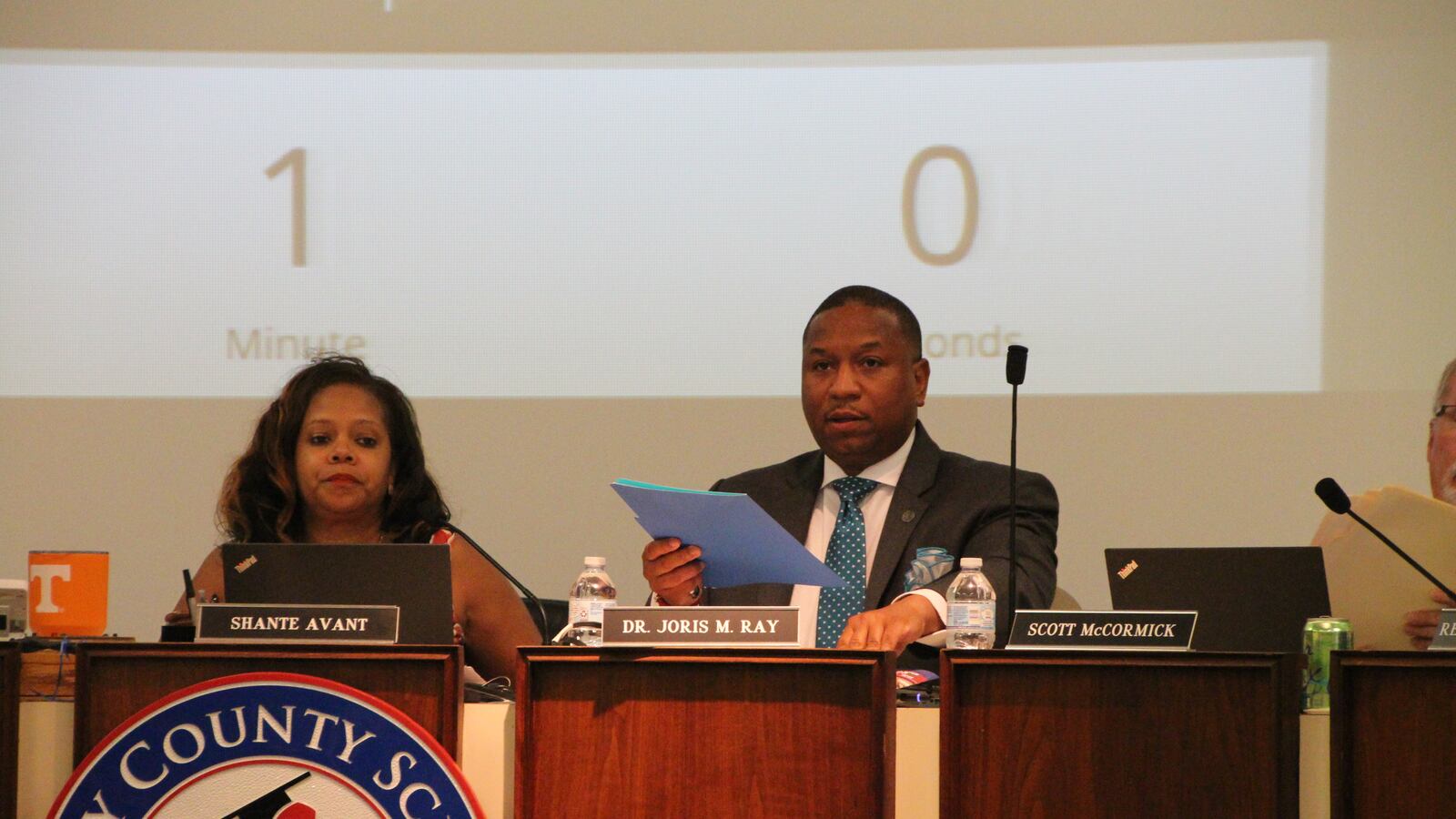Superintendent Joris Ray plans to review all charter school contracts with Shelby County Schools to make sure every one is living up to their promises.
Ray stressed that he wanted to take a more active role in evaluating charter schools and figure out how the district can support them to increase student achievement.
“We’re going to hold everybody accountable for what’s in the contract,” Ray told school board members Thursday at a half day meeting with top district leaders. “But not only that. I do think it’s incumbent upon us to really figure out a way to help charter schools get better.”
The review under the new superintendent could signal a continuation of the district’s effort to collaborate more with its charter schools.
Ray’s decision to take a more active role in charter school performance comes after the district closed several schools — including one whose mismanagement evaded district officials for a year. To respond to the growing number of schools in the sector, the district’s charter office has doubled in recent years to six people. The office is responsible for processing applications, making recommendations based on performance, and overseeing the schools once they open.

Miska Clay Bibbs, a Shelby County Schools board member, said Thursday the district has not been consistent in its charter school accountability.
“We hold certain ones at a level that, quite honestly, wasn’t even a reasonable level, but others could get away with, honestly, murder. And they’re still standing,” said Bibbs, who spearheaded a two-year partnership between district and charter leaders to create clearer rules on how the two sectors should work together. “Let’s hold everyone accountable.”
Shelby County Schools is slated to have 59 charter schools this fall that are run by private nonprofit boards funded by state and local dollars. That includes six new charter schools opening in former Catholic school buildings, making the network one of the largest in the city.
The school board authorizes each charter school based on an application with criteria set by the state. The contracts include an academic and financial plan, how the school plans to engage parents in decision-making, and how staff will be managed and evaluated. Last year’s charter schools comprised about 16,000 students, or 15% of the district’s population.
Ray said leaders often forget many types of schools operate within the district. “I had to realize this: When they issue their diploma, my name goes on the diploma.
“Charter schools are Shelby County Schools,” Ray said later. “At the end of the day, we’re just as responsible.”
The district’s teacher training sessions are open to charter schools. But they often don’t feel welcome because of past hostility between the district and its charter sector, Bibbs added.

A recent update to the school board’s policy, which came out of the two-year partnership, spells out more specifics on what triggers closure and how to share services such as therapists for students with disabilities. The new policy also allows high-performing charter schools to rent district-owned buildings for free.
Some of the group’s compromises became a template for lawmakers in amending the state’s charter school law in 2017. Charter schools have more freedom than traditional schools in hiring staff and choosing curriculum, but district officials oversee their results.
The district’s first report on charter schools in 2016 showed test performance that basically mirrored traditional schools with a few exceptions. This year, the district found that charter high schools performed better than traditional ones, while the opposite was true for elementary and middle schools.
Seven charter schools were flagged for low test scores in early 2018, triggering a district requirement for an improvement plan. Those schools, which could have faced closure if they didn’t improve in three years, improved enough last school year to escape the district’s watchlist.
“It has to be a two-way street. Charter leaders must embrace the data as well and say, hey, we need some support,” Ray said of his hopes for more collaboration with charter schools. “We’re not telling you what to do.… But what we’re telling you is what you’re doing isn’t working.”
Ray said he will give more details about the review at the board’s upcoming meetings later this month.


